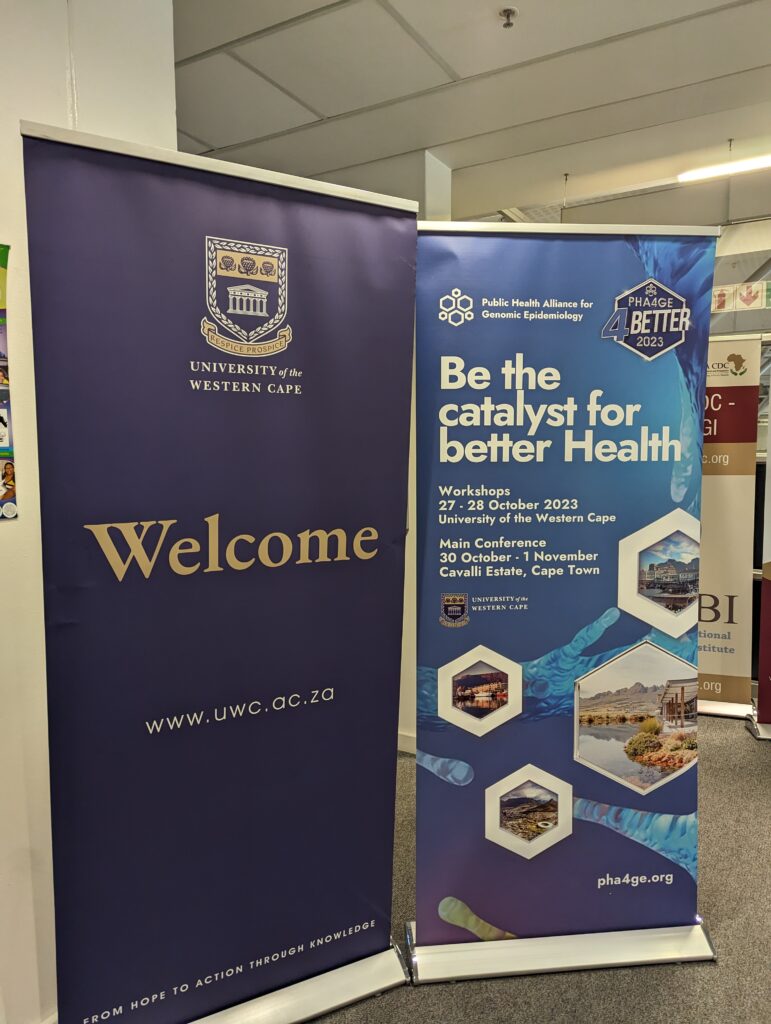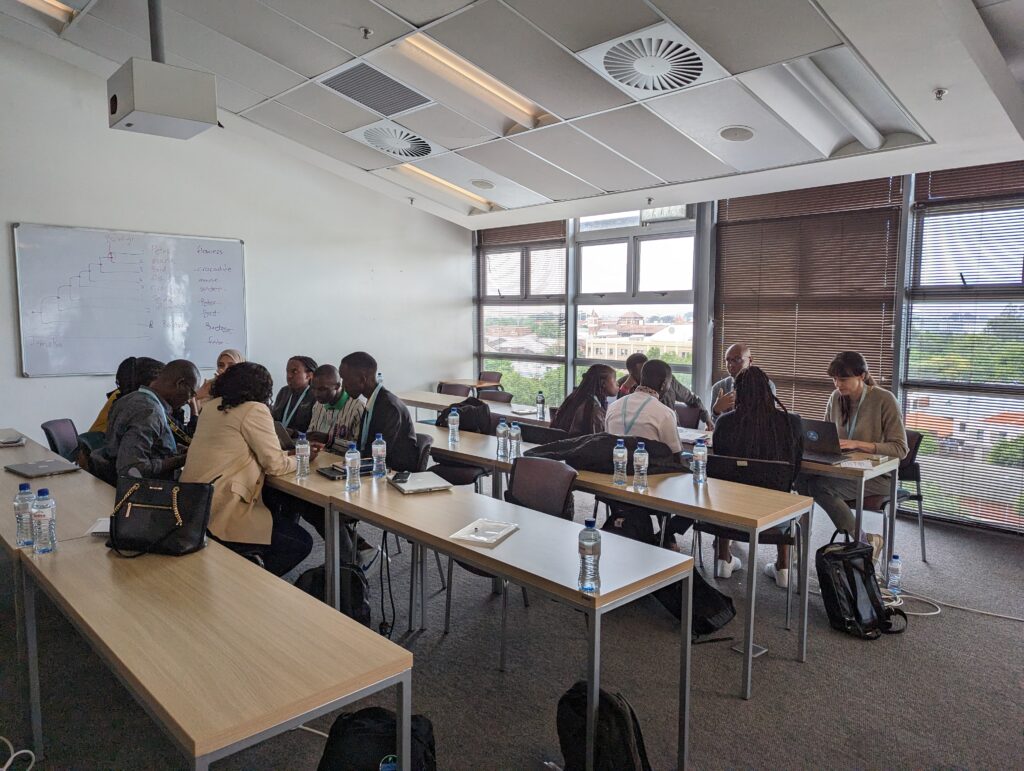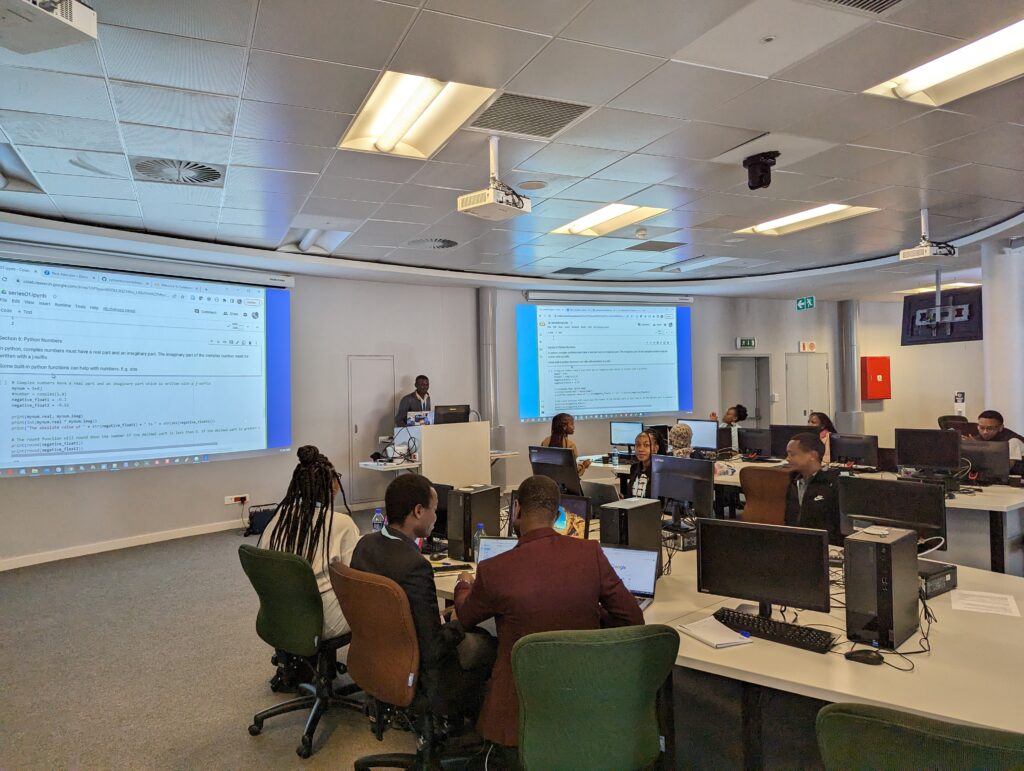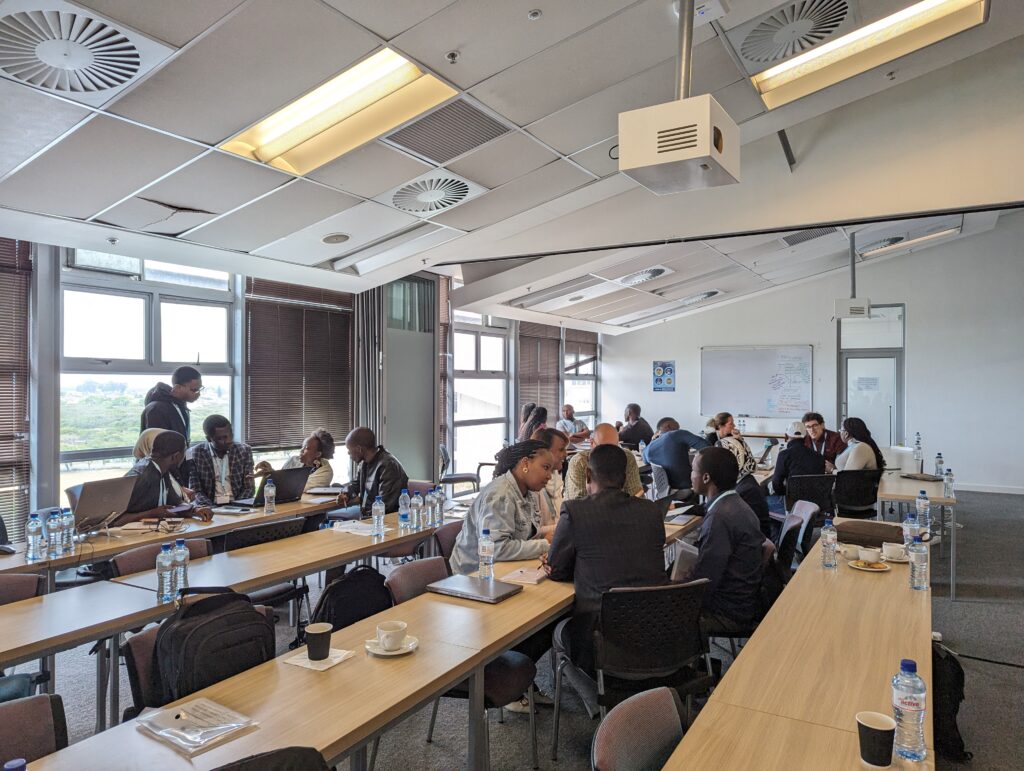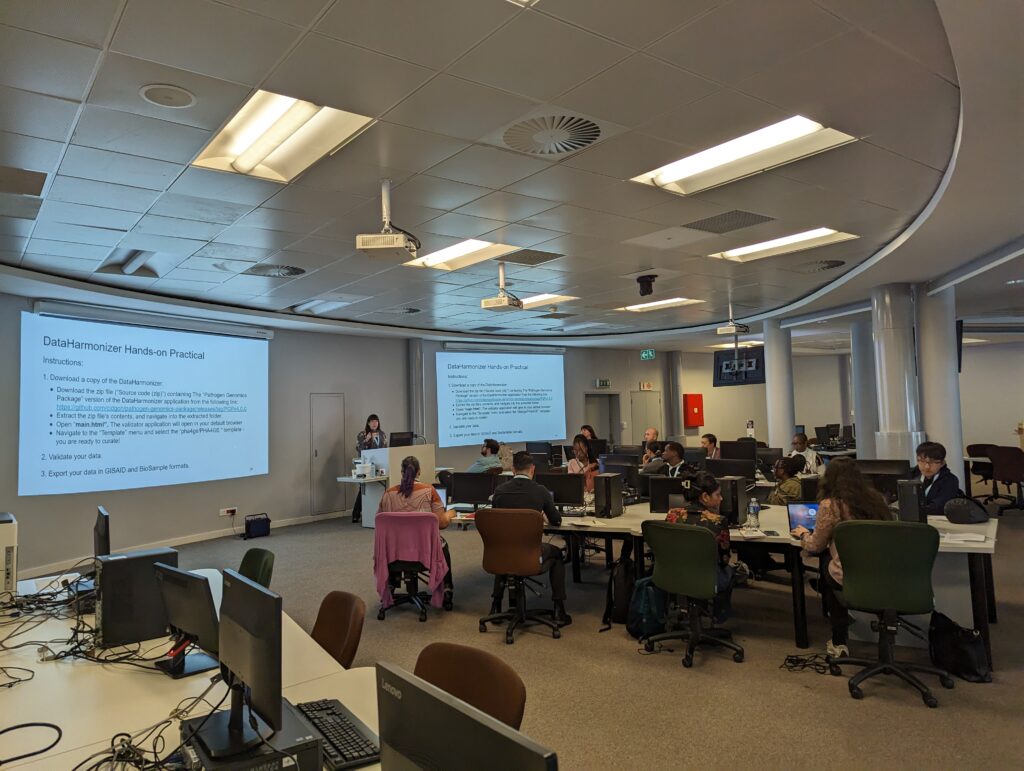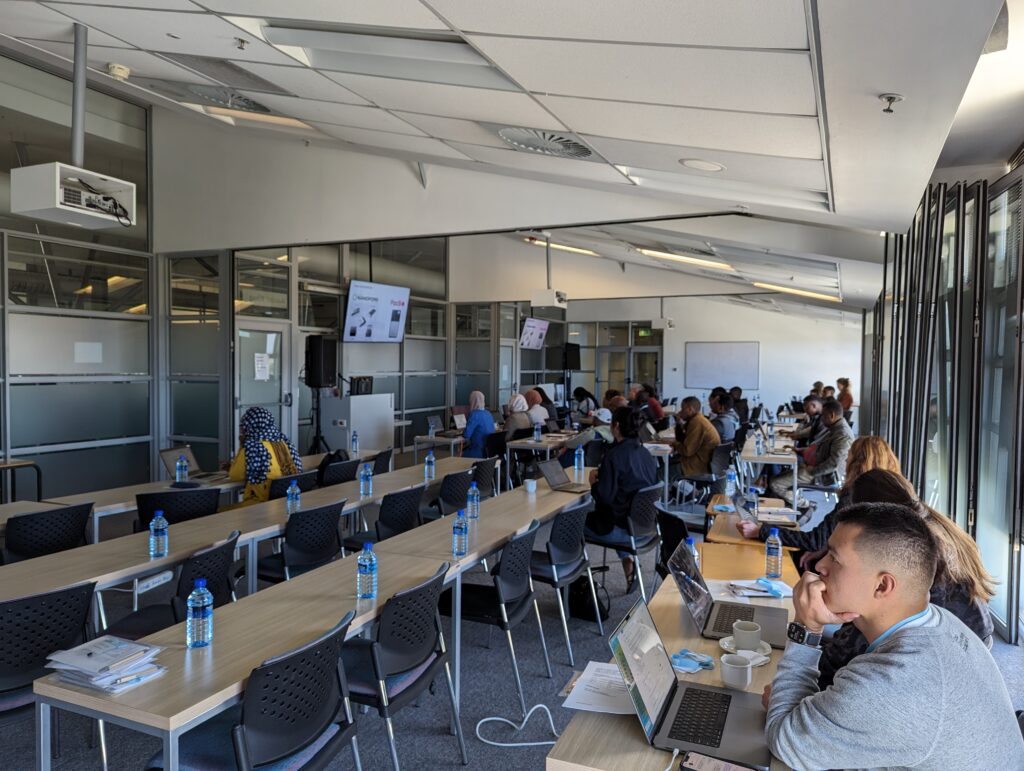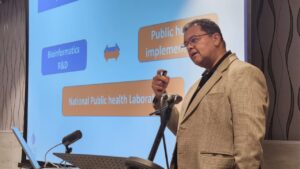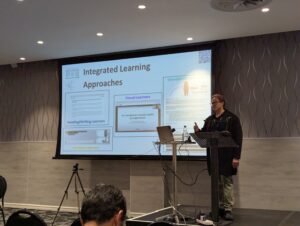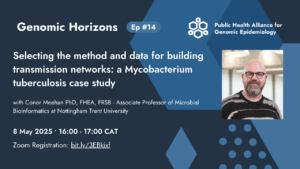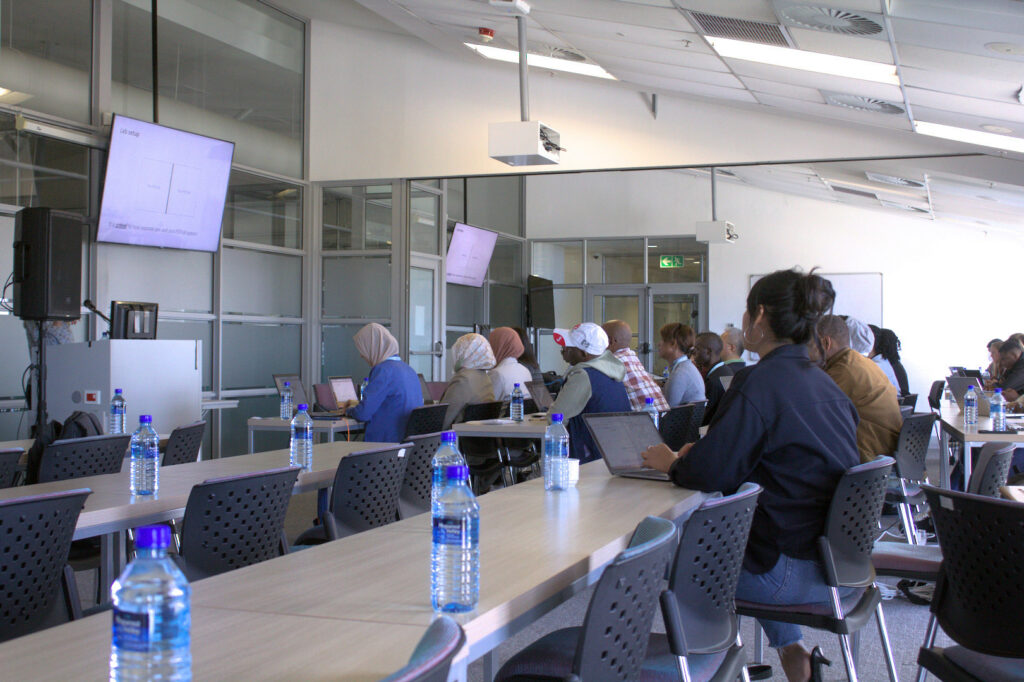
The stage was set for innovation and collaboration as PHA4GE hosted a two-day Pre-Conference Workshops on October 27th and 28th, 2023. With a line-up curated to address pressing challenges and explore new frontiers, attendees had the opportunity to engage deeply with a variety of workshop topics. The sessions are summarized below.
PHA4GE Pre-conference workshops
The PHA4GE pre-conference sessions provided hands-on training on some priority areas in pathogen genomics. These included:
1. Plumbing the Metadata: Implementing PHA4GE data standards with minimal pain – Conducted by Finlay Maguire and Emma Griffiths, this workshop offered invaluable insights into implementing PHA4GE data standards efficiently.
2. Exploring and Extending GA4GH Standards for Pathogens and Public Health – Conducted by Peter van Heusden, Finlay Maguire, and Emma Griffiths, this workshop delved into extending GA4GH standards to better serve the needs of pathogen and public health researchers.
3. Using metagenomics to survey vector-based pathogens – Conducted by the Chan Zuckerberg Initiative, this session provided participants with the tools and techniques necessary to utilize metagenomics for pathogen surveillance.
4. Bioinformatics Solutions for Public Health Pathogen Genomics – Conducted by Kevin Libuit and Gültekin Ünal, this workshop equipped attendees with practical bioinformatics solutions tailored to public health pathogen genomics.
5. “Python for Biologists” – Conducted by Olaitan Awe, this workshop empowered participants with essential Python skills tailored specifically for biologists.
Throughout these workshops, participants engaged in hands-on learning, lively discussions, and networking opportunities, fostering a vibrant atmosphere of collaboration and knowledge exchange. By combining expertise from various disciplines, the PHA4GE Pre-Conference Workshops laid a strong foundation for the subsequent conference, setting the stage for impactful advancements in pathogen genomics and public health.
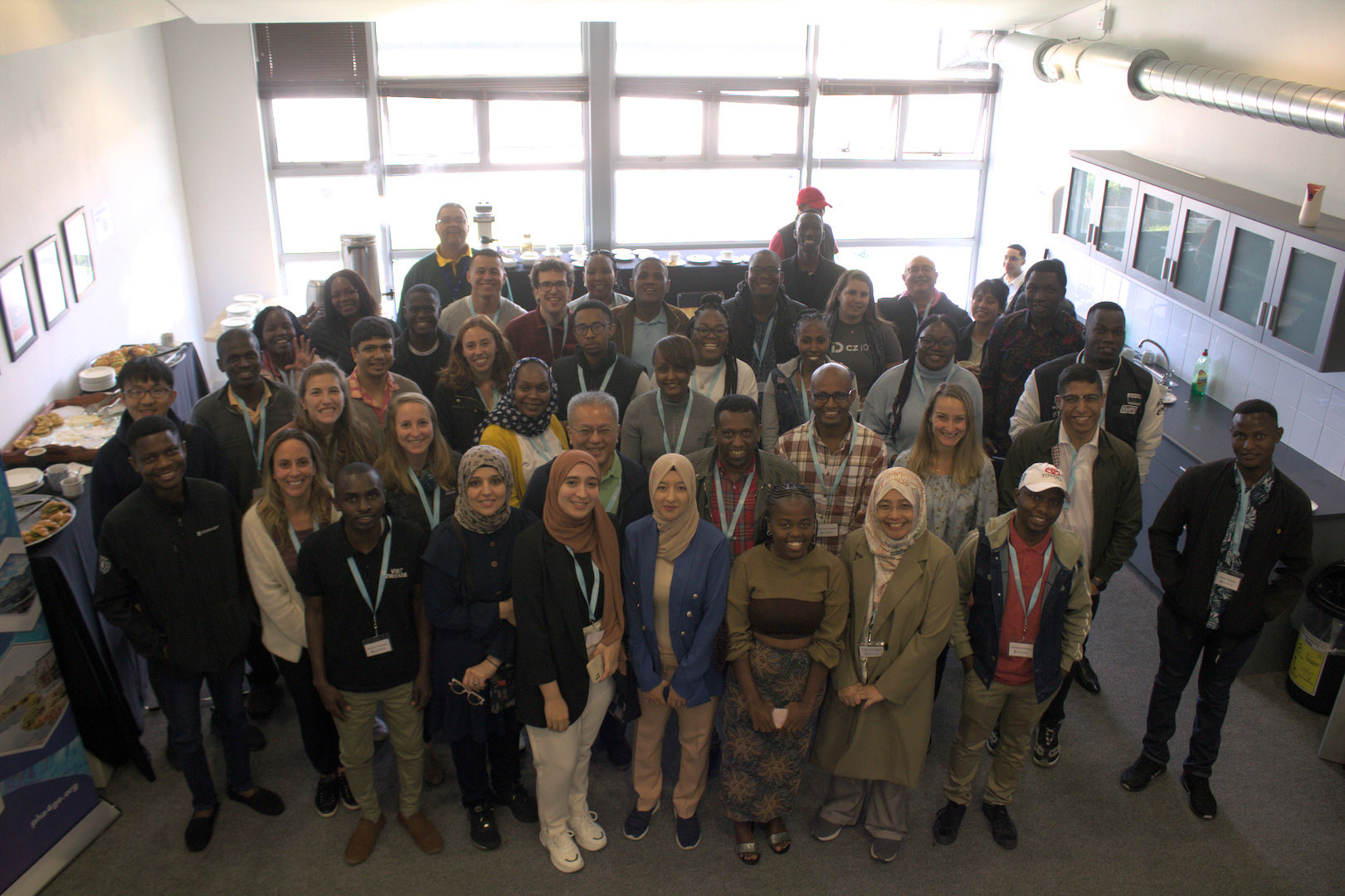
As the field continues to evolve, events like these serve as crucial catalysts for progress, driving innovation and fostering connections that will shape the future of pathogen research.
